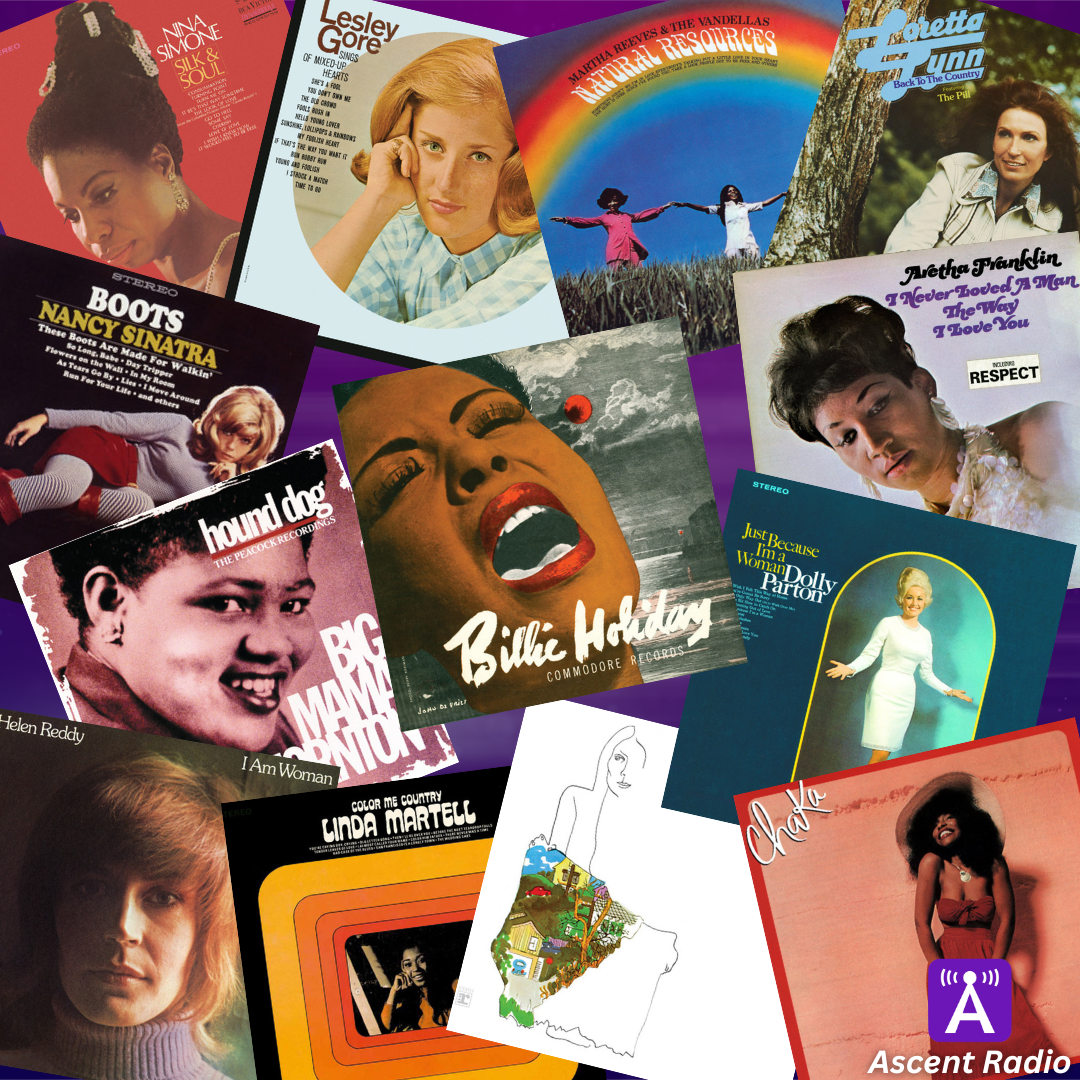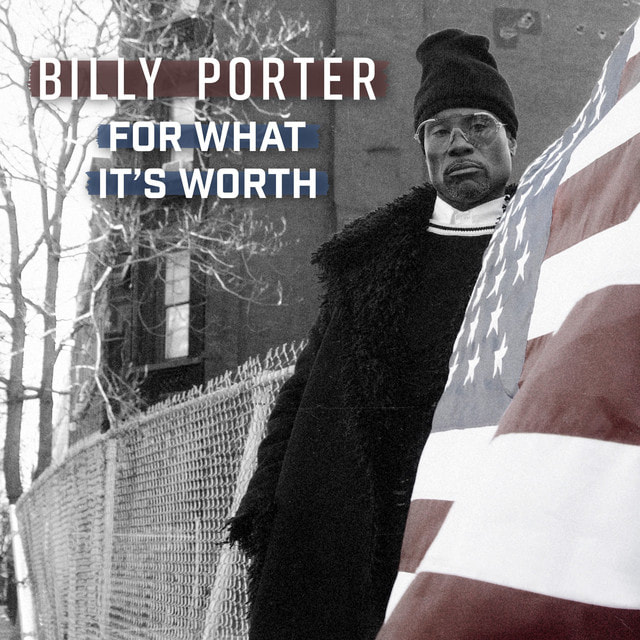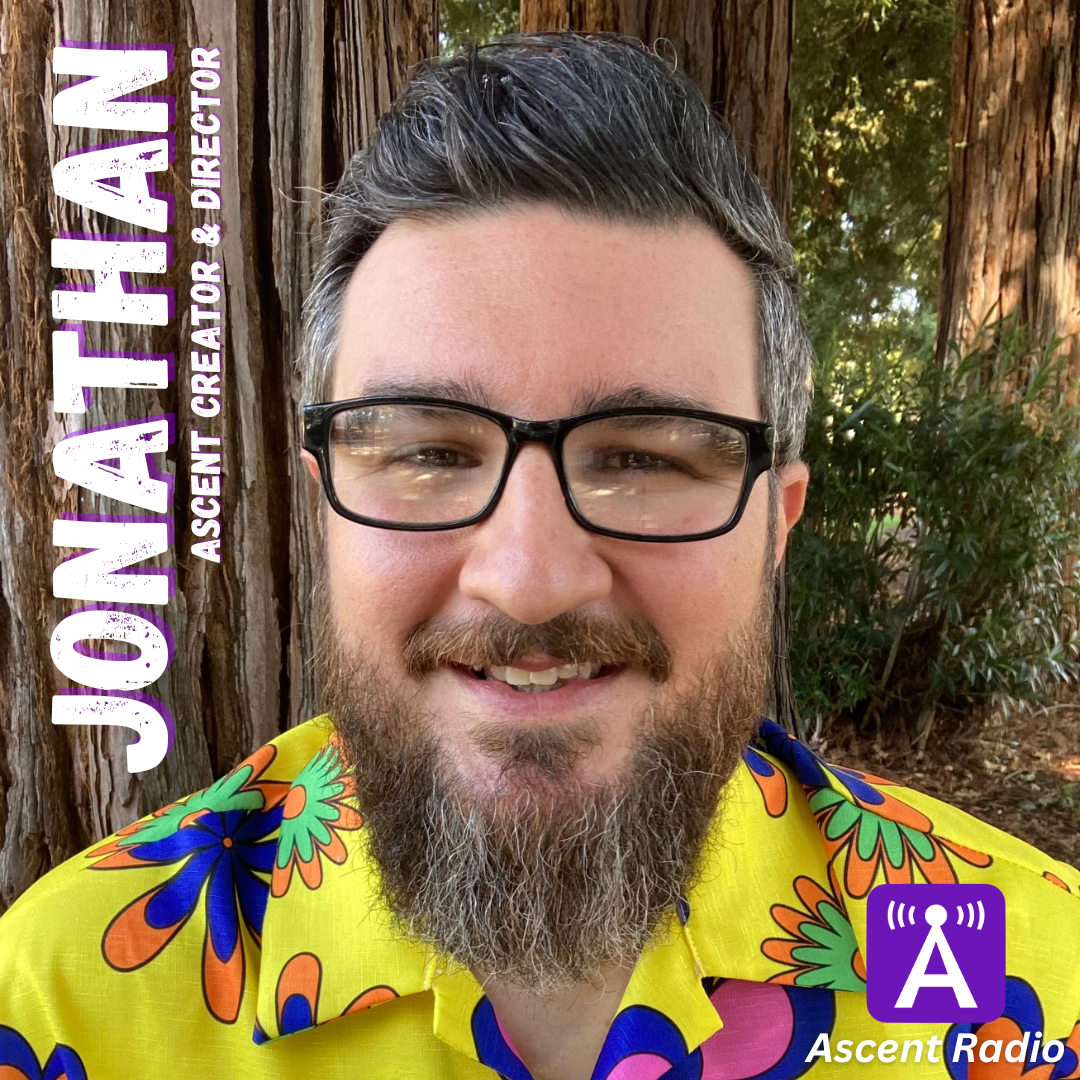|
Socially conscious music has been changing the world for decades. And it all started with women.
Socially-conscious music is our thing ‘round here, so we know this to be the truthiest truth:
Women are at the forefront of cultural change. Always. So it should come as no surprise that when it comes to the impact of music on social change, yet again, women have led the way. With anthems covering topics from racial injustice and inequality to women’s rights, contraception, war protest and the environment, we’re kicking off Women’s History Month celebrating these 13 legendary women, who were some of the first to give voice to the most critical social issues of our time.
0 Comments
With its mystical, transformative power, music is hard at work in and among us, drawing a better world ever more near.
Or, sometimes, we just can’t help but get our damn groove on about it!
Ascent Radio came to be out of our core conviction that music moves us. Personally. Collectively. And as we continue our quest to perfect our unique, craft recipe and process as a station, we keep coming back to these four ways that music moves us.
To the surprise of no one, it soars to the highest heights and lands with a stunning level of immediacy in our moment in time.
In “Paprika,” the whimsically fresh, alternative-pop jam by Michelle Zauner - the brilliant, queer, half-Korean half-Jewish singer-songwriter - and her band Japanese Breakfast, Zauner explores the wild delight she’s experienced as her songs have found their way into the hearts and minds and conversations of her fans and admirers - and the twisty path it’s taken to arrive at her moment in the spotlight.
|
Categories
All
AuthorJonathan Bristow - Ascent Creator & Director. Jonathan is a queer, recovering pastor, dreamer, lover, and amplifier in the middle of the mess. Stepping into a lifelong dream in 2021, he created Ascent Radio to offer music lovers a handcrafted radio platform at the intersection of great music and social change. Jonathan lives and breathes music, and believes fiercely in the power of music to draw us together and inspire us toward a better world!
Alongside his work as the Creator and Director for Ascent, he is a freelance writer, and is author of the blog, Finding Jonathan, where he reflects on his journey of simultaneously losing and finding himself all at once, living through trauma, and learning to love and embrace who he is. As a sayer of the words, Jonathan writes content for socially conscious brands, artists and industry professionals. To connect with him about writing on a project that needs the perfect words, connect with him over on his LinkedIn profile, or email at: [email protected]! Archives
June 2024
Listen to Ascent! |
Sitemap: |
Links:Contact: |
Email ListAll the happenings around the station delivered to your inbox!
|
...Inspiring hope and change through the power of song. |
Follow Us!
Ascent Radio is a registered trademark with the USPTO. All rights reserved.
Proudly powered by Weebly







 RSS Feed
RSS Feed
